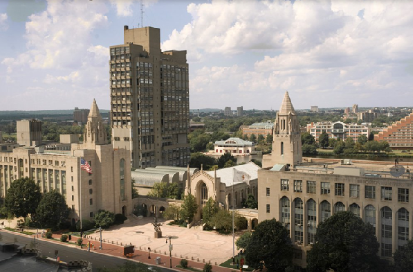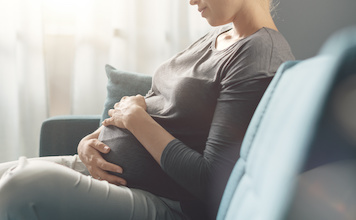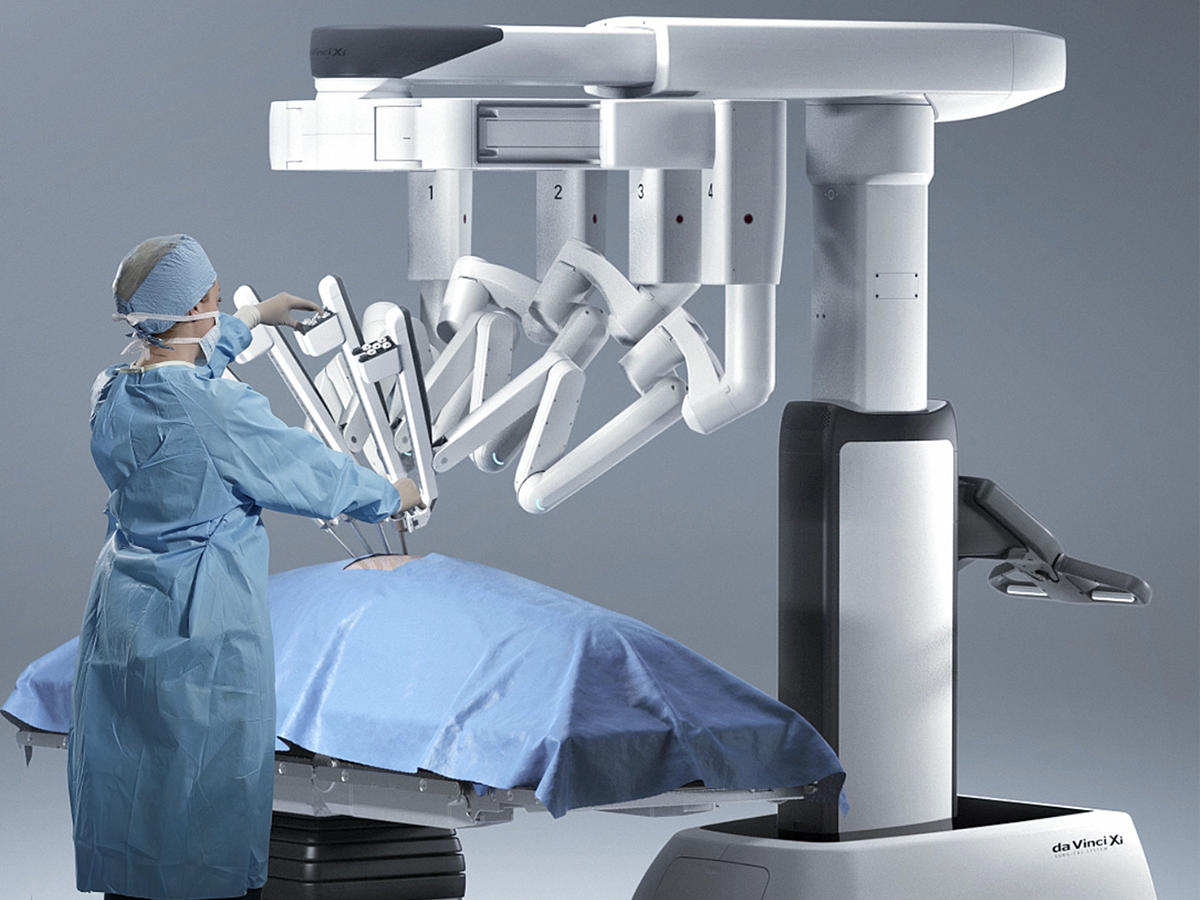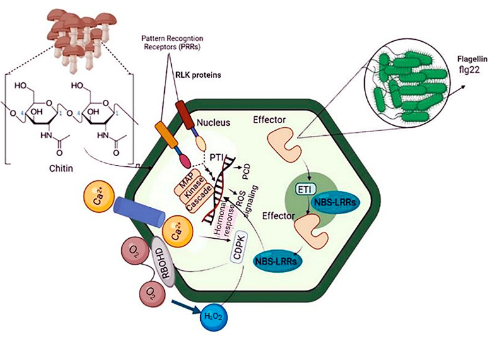The Postgraduate Institute of Medical Education and Research (PGIMER) in Chandigarh’s resident doctors have decided to call off their 11-day strike. After a pivotal Supreme Court session on Thursday, the strike—which had severely hampered outpatient services and elective procedures—was called off.
The Association of Resident Doctors (ARD) called for the strike in order to push for the Central Protection Act’s implementation and to seek justice for the victim of a well-known rape and murder case in Kolkata. In a general assembly meeting at the protest camp, the members of the ARD resolved to return to work on Friday, August 23. A Supreme Court appeal that urged a resolution and gave authorities three weeks to address the doctors’ concerns had an impact on this judgment.
PGIMER will resume all of its services, including outpatient consultations and procedures, as soon as the strike ends. Patients will be registered every day from 8 a.m. to 11 a.m. The ARD has declared that symbolic protests would go on even though regular operations will restart. These will involve regular candlelight marches at nine thirty at night to show support for the medical community and the victim from Kolkata.
The physicians have returned to work, but they have issued a warning that they may relaunch their strike with even more vigor if their demands are not fulfilled in the allotted period. Smriti Thakur, vice-president of ARD, stressed that although regular activities are returning, the symbolic protests serve as a means of maintaining attention on their objectives.
Many patients were in distress as a result of the strike’s severe effects on hospital services. For example, Rajinder Kumar, who was awaiting brain tumor surgery, was delayed by the strike, and Satish Kumar from Himachal Pradesh struggled to secure timely care for his pregnant daughter.
It was mentioned in the court case that Dr. Vivek Lal, the director of PGIMER, had originally intended to take away nine days of casual leave from physicians who took part in the walkout. The Chief Justice of India did, however, guarantee that the doctors would face no negative consequences. Following the Supreme Court’s guarantee, Dr. Lal later affirmed that the residents would not be victimized in any way about their leave throughout the strike time.
The end of the strike represents a first move in resolving the medical community’s concerns and guaranteeing that patient care at the impacted hospital can continue.
SOURCE :
HINDUSTAN TIMES








